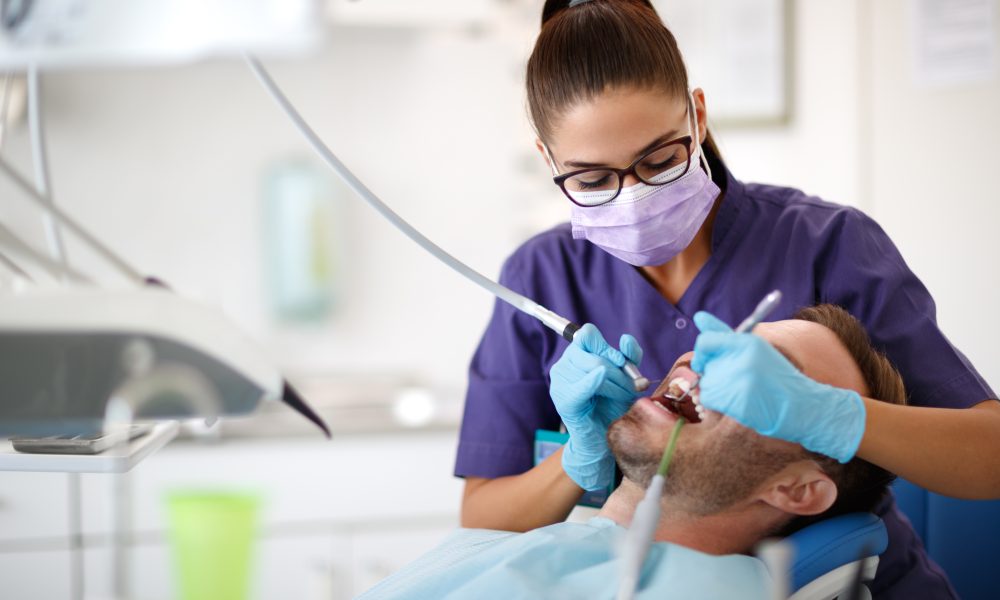Have you ever thought about why some people look like they have naturally strong, healthy teeth and others have cavities and gum disease? Taking care of your teeth and gums every day is very important, but your genes also play a part. For personalized guidance on maintaining optimal oral health, a Juno Beach dentist can help assess both your habits and genetic factors to create a plan tailored to your needs.
This article talks about the surprising ways that your genes can affect your smile and how knowing about these genetic factors can help you take better care of your teeth. Find a family dentist in Philadelphia, PA, who knows a lot about dental genetics and can help you make a personalized care plan. Ask them how much experience they have in this area.
The blueprint in your genes is the building block of your smile.
Our teeth start to form before we are even born. The size, form, and general health of our teeth are controlled by genes that we get from both parents. The enamel, the hard, protected layer on the outside of our teeth, is affected by these genes.
Some people are more resistant to cavities because they have genes that make their enamel thicker and stronger. Some people may get genes that make their enamel softer, which makes them more likely to get cavities.

Your jaw shape and tooth alignment are also determined by your genes.
The genes that make up our bodies do not just make up our teeth. It also changes how our teeth fit together and the shape of our mouths.
Some people are more likely to have crowded teeth, teeth that are not straight, or even teeth that are missing. Even though these problems can be fixed with braces or other orthodontic treatments, they show how much our genes affect how our teeth are built.
Saliva is also included in the genetic blueprint.
Saliva is an important part of keeping your teeth healthy. It gets rid of bits of food, neutralizes the acids in food and drink, and has minerals in it that make teeth stronger.
It is interesting that our genes can also change the make-up and flow rate of our spit. People who have genes that make them make less saliva may be more likely to get dry mouth, which can make teeth and gum disease more likely.
Common dental conditions that have a genetic link.
Several tooth problems have been linked to certain genes or a mix of genes and external factors. To give you some examples:
Cavities and tooth decay.
Although what you eat and how well you take care of your teeth are very important, some genes can make some people more likely to get cavities. This might be because the enamel is not as strong or because your body is not able to fight off germs as well.
Gum disease.
Like cavities, gum disease can be caused by both genetics and things in the surroundings, like smoking. Some people receive genes that make them more likely to get gum disease, which makes it even more important to take care of your teeth and gums.
Oral cancer.
Oral cancer is mostly caused by bad habits like smoking and drinking a lot of alcohol, but some people are genetically more likely to get the disease.
You can take preventive measures despite your genetic makeup.
Getting regular dental checkups, good oral health, a balanced diet, fluoride use, and talking to a dentist can help people who are genetically more likely to have certain tooth problems.
To keep your teeth healthy and avoid diseases, you need to brush and floss your teeth regularly, get your teeth cleaned by a dentist regularly, and eat a varied diet full of fruits, veggies, and calcium. Toothpaste or mouthwash with fluoride can also help.
In order to have a healthy, beautiful smile for many years to come, you can work with your dentist to understand how your genes affect your oral health and take action. Remember that even the biggest genetic tendency can be overcome by taking care of your teeth and gums regularly and practicing good oral hygiene.

